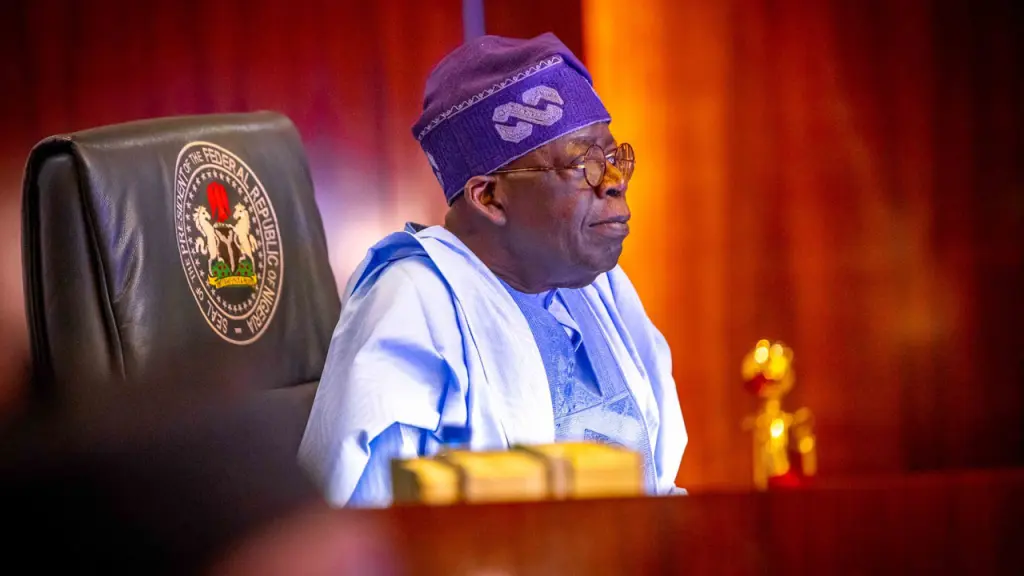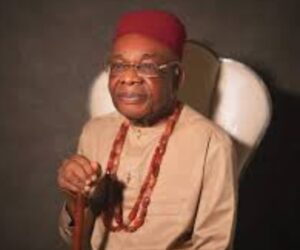There is growing unrest in Nigeria over the plan to increase the salaries of President Bola Tinubu, state governors, ministers, and other top government officials.
The Revenue Mobilisation, Allocation and Fiscal Commission (RMAFC) recently announced its plan to review the pay of public office holders.
According to its chairman, Mohammed Shehu, the current salaries of Nigerian leaders are inadequate and outdated.
He revealed that President Tinubu earns N1.5 million monthly, while ministers earn less than N1 million, amounts that have remained unchanged since 2008.
Shehu described the figures as unrealistic, saying that paying the Nigerian President just N1.5 million monthly in a country of over 200 million people is a joke.
He explained that while RMAFC does not set the minimum wage for workers, it is constitutionally empowered to determine salaries for political, judicial, and legislative office holders.
Despite his explanation, the proposal has been met with strong rejection from stakeholders who believe the idea is insensitive and poorly timed.
Many Nigerians are already struggling under the weight of economic hardship caused by ongoing reforms, and critics argue that the timing of such a salary increase could worsen public frustration.
The Nigeria Labour Congress (NLC), former Vice President Atiku Abubakar, and constitutional lawyer Nkereuwem Akpan have openly opposed the move, calling for its immediate suspension.
NLC spokesman Benson Upah condemned the plan, describing it as “insensitive, unjust, and inequitable.”
He warned that it would widen inequality between ordinary workers and politicians while deepening poverty among citizens who already live in miserable conditions.
The NLC also demanded that the current earnings of all political office holders be made public, and that the benchmark for the proposed review be revealed. It urged the RMAFC to suspend the exercise before it causes a wave of public anger.
Former Vice President Atiku Abubakar also rejected the proposal. His aide, Paul Ibe, said the idea does not mean well for Tinubu’s government.
He accused the administration of wasteful spending, citing examples such as the expensive Vice President’s residence, and stressed that borrowed funds are being misused instead of invested productively.
He lamented that the minimum wage is not even a living wage, as it cannot cover the cost of basic needs such as food, school fees, and healthcare.
According to him, the pay raise plan only shows that the government is serving its own interests and not those of the people.
Constitutional lawyer Nkereuwem Udofia Akpan also criticized the proposal, pointing out that lawmakers in the National Assembly already drain the economy with their huge allowances and perks.
He questioned why President Tinubu, who has held several powerful positions and is reportedly wealthy, would need a salary increase.
He reminded Nigerians that even the First Lady once admitted that the family was already rich before coming to Aso Rock.
Akpan stressed that the real issue is not official salaries but the excessive allowances, corruption, and looting of public funds through inflated contracts.
He argued that it would be better for the President to earn a higher salary openly than to be linked to corrupt dealings.
According to him, Nigerian leaders already have so much wealth that it appears they forget life is temporary.
He concluded that the salary increase debate is unnecessary, misleading, and a distraction from the country’s real problems.







